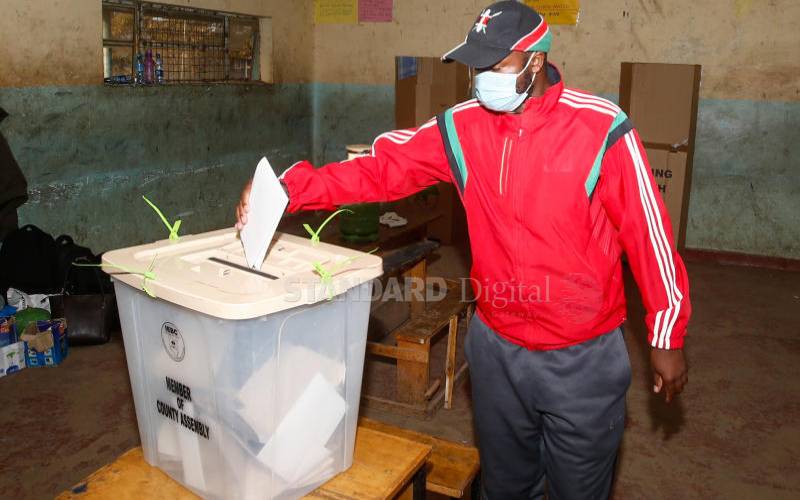×
The Standard e-Paper
Smart Minds Choose Us

Must we vote? Come to think of it, what difference does it actually make if we recruited legislators just like we do with other public servants?
The violence witnessed during the just concluded by-elections in parts of the country left me wondering whether we actually can justify why we vote in the first place.